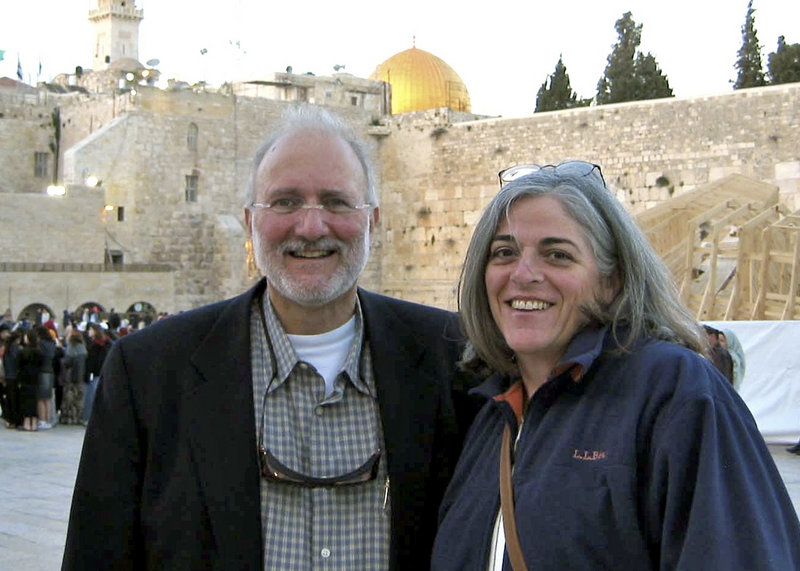HAVANA – Prosecutors are charging a jailed American contractor with “acts against the integrity and independence” of Cuba and requesting a 20-year jail term, state news media reported Friday, dimming hopes the Maryland native would be allowed to go home soon.
Alan Gross, 60, has been jailed without charge since December 2009 on suspicion of spying.
The U.S. government and his family say he was distributing communications equipment to Cuba’s Jewish community. They have long called for him to be released or at least brought to trial.
The state-controlled website Cubadebate said a trial date would be set shortly and that Gross’ family, his lawyer, and American consular representatives will be allowed to attend.
“Following an exhaustive investigation the Prosecution is requesting a 20-year prison sentence for the defendant,” the website said.
The U.S. reacted strongly, denouncing the decision and arguing that Gross should be freed immediately.
“We deplore the Cuban government’s announcement that Cuban prosecutors intend to seek a 20-year sentence for Alan Gross,” said Gloria Berbena, a spokeswoman for the U.S. Interests Section in Havana, which Washington maintains instead of an embassy.
Peter J. Kahn, Gross’ U.S.-based lawyer, said that while he was disappointed with the severity of the charges, it was “a positive development” that the case was finally moving forward.
He described his client as a pawn “caught in the middle of a long-standing political dispute between Cuba and the United States.”
Gross’ wife, Judy, has appealed for her husband’s release on humanitarian grounds, saying he has lost 90 pounds while in custody. The couple’s oldest daughter has been diagnosed with breast cancer since her father was detained.
The decision to seek a long jail term is certain to be a major setback for U.S.-Cuban relations, which had seemed to be improving only a few weeks ago.
U.S. officials have said repeatedly that any meaningful progress on core issues like the 48-year-trade embargo would be impossible while Gross remained in custody.
The Obama administration recently announced it was loosening travel restrictions imposed on Cuba under the embargo. The change allows visits to Cuba by both students seeking academic credit as well as church and synagogue members who are traveling for religious purposes. In addition, U.S. citizens will be allowed to send as much as $2,000 a year to most Cuban citizens.
Days after the travel restrictions were lifted, Cuba allowed visiting U.S. Deputy Assistant Secretary of State Roberta Jacobsen to meet with Gross. A senior State Department official said at the time they were “cautiously optimistic” that Gross would soon be released.
Asked if the optimism was based on direct conversations with the Cuban government over the fate of Gross, the official responded: “Yes.”
Gross was working for a firm contracted by the U.S. Agency for International Development when he was arrested Dec. 3, 2009, and sent to Havana’s high-security Villa Marista prison. The project Gross worked with was part of a $40 million-a-year USAID program to promote democracy and political change on the island. U.S. officials have defended the program.
While Gross claims to have been working with the 1,500-strong Jewish community, the leaders of the island’s two main Jewish groups have told The Associated Press they had nothing to do with him.
Send questions/comments to the editors.



Success. Please wait for the page to reload. If the page does not reload within 5 seconds, please refresh the page.
Enter your email and password to access comments.
Hi, to comment on stories you must . This profile is in addition to your subscription and website login.
Already have a commenting profile? .
Invalid username/password.
Please check your email to confirm and complete your registration.
Only subscribers are eligible to post comments. Please subscribe or login first for digital access. Here’s why.
Use the form below to reset your password. When you've submitted your account email, we will send an email with a reset code.